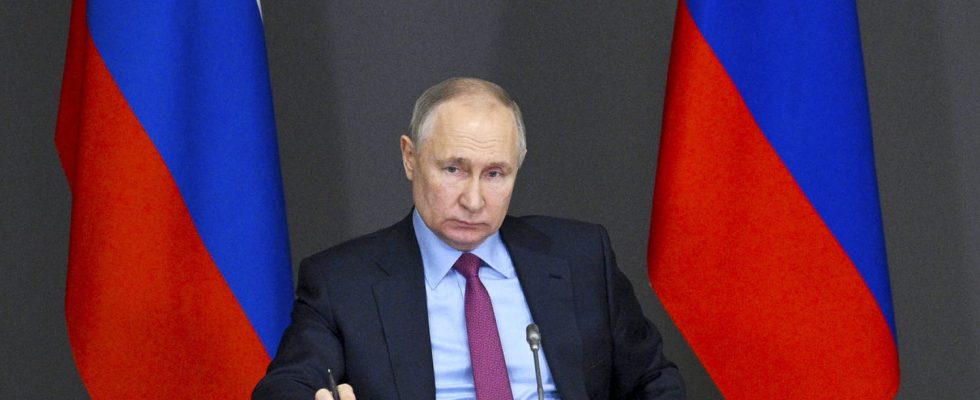The official campaign for the presidential election begins this Saturday, a month before an election promised to Vladimir Putin.
Tragic coincidence. Yesterday, the world learned of the death of the most famous Russian opponent of Vladimir Putin: Alexeï Navalny, who died suddenly in the penitentiary center where he was serving a 19-year prison sentence. This Saturday, February 17, the Russia officially enters the electoral campaign period for the presidential election, the first round of which will take place from March 15 to 17. A vote whose outcome is almost in no doubt.
If there were to be a second round, it should be held on April 7. But in Russia, second rounds are rare. In 2018, Vladimir Putin returned for a mandate by collecting 77% of the votes in the first round. Since the constitutional reform of 2020, the outgoing president is authorized to run for two additional terms. A reform that was fiercely opposed… Alexeï Navalny.
His only serious opponent sees his candidacy rejected
No serious candidate is running against Vladimir Putin. The only worthy opponent, MP Boris Nadezhdine of the Civil Initiative party, saw his candidacy rejected by the Russian Election Commission on February 8, due to alleged irregularities in the collection of the 100,000 citizen signatures required to participate in the ballot. A fate reminiscent of that of Alexeï Navalny’s candidacy, rejected by the same Electoral Commission in 2018.
The three other candidates in the running come from the Liberal Democratic Party, the Communist Party and New People. These three parties, although officially in opposition, in reality support the main lines of Vladimir Putin’s policy in Parliament. Their representatives have not yet shown any real desire to overshadow the outgoing president in this campaign. At 71 years old, the latter should therefore easily stand for a new mandate, which will allow him to remain in office in the Kremlin at least until 2030.
